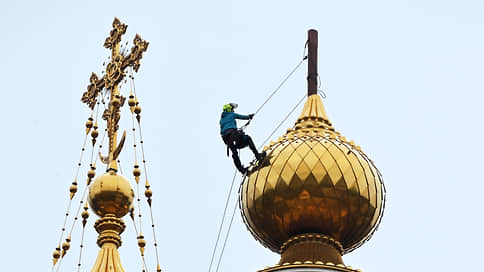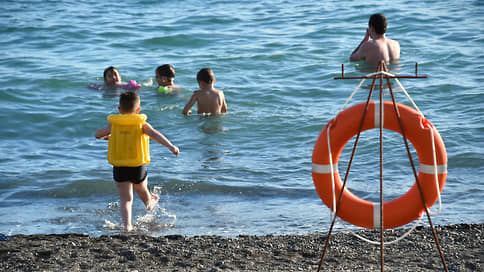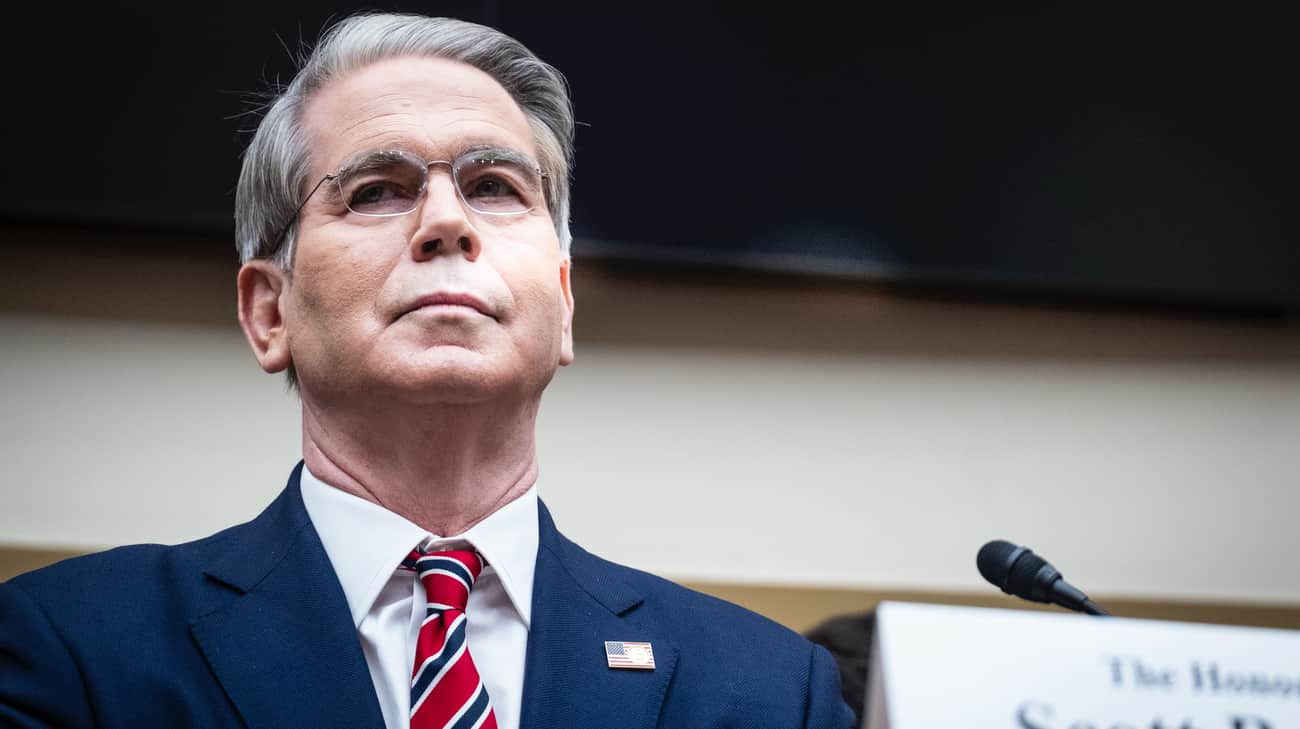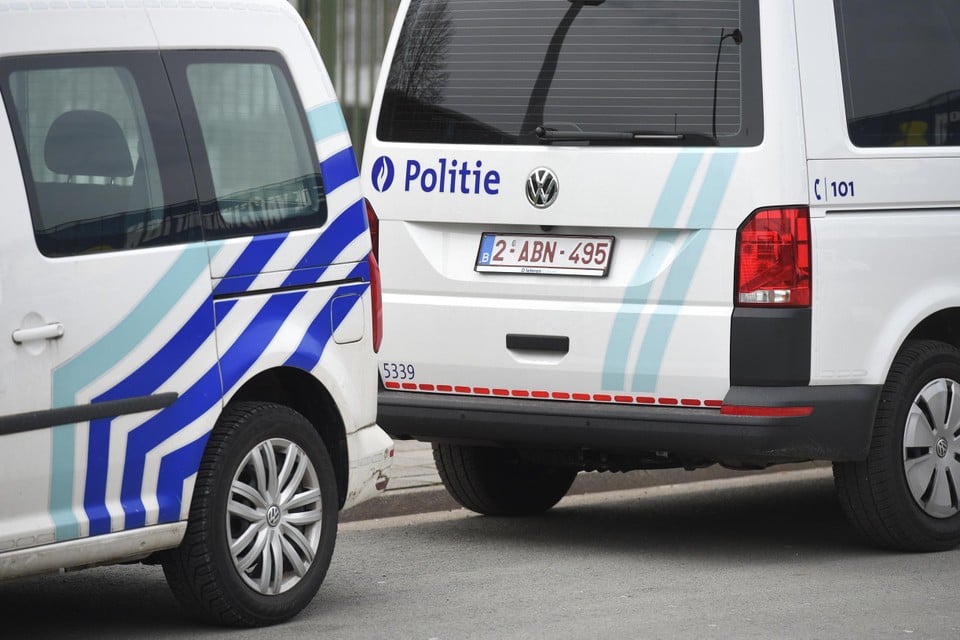The Duma endowed the participants of the fighting in the border territories with the status of veterans
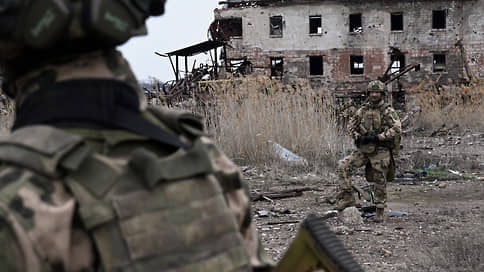
On April 3, the State Duma adopted in the second and third readings a government bill sharing the status of a veteran of military operations of military personnel, law enforcement officers and volunteers who participated in the reflection of the APU invasion of the border territories of Russia. “Fair Russia – for the truth” (SRZP) advocated the provision of the same status to the military commissars: its amendments were rejected, but the Socialist Revolutionaries promised to resolve this issue by a separate bill.
Amendments to the Law “On Veterans”, prepared by the Government on behalf of the President, passed the first reading on March 19. Initially, it was assumed that the status of a war veteran will receive military and law enforcement officers who participated in the reflection of the APU attacks in the border territories (their list will be established by the government).
By the second reading, the Committee of the Duma on Labor and Defense prepared joint amendments that endow the same status of participants in volunteer formations, performing similar combat missions.
In turn, the deputies of the SRZP introduced to the second reading their Amendmentsspreading the status of veterans to military correspondents and residents of the Sudzhansky district of the Kursk region. The labor committee recommended them to reject, but the Socialist -Revolutionaries at the meeting on April 3 submitted them for a separate discussion.
Justifying the amendment on the military commissar, the deputy Marina Kim noted that since the Second World War, the functionality of a military journalist has changed: he now has the means of recognizing drones, a sapper blade, a first -aid kit, and sometimes he even “takes a weapon to protect himself or knock down a drone picket into the windshield”. The names of many military commissars “the whole country knows today,” the deputy emphasized: “And will anyone really against these people to assign the status of a war veteran?” Moreover, the work of military commissars and military personnel, according to Mrs. Kim, is often similar: “We need to get to the position, this is all under the shells, under the arrivals, under the drones, sometimes along the multi -kilometer pipe. Here is the front line modern, it is constantly in motion. And at what point the military officer will become fatal and fatal, no one can say. ” Therefore, each journalist in his zone is a hero, and the state “does not have an adequate mechanism”, so that in the event of the death of a military commander to help his family, summarize Marina Kim.
The head of the Committee on Labor Yaroslav Nilov (LDPR) replied that the law on veterans has already contained norms that allow “with the proper execution of documents and during a business trip” to assign the status of a veteran or disabled person of military operations, including journalists.
And in the government, according to him, a bill is being prepared on the approval of a new status related to military journalism. In addition, Mr. Nilov complained that “journalists are very different,” and suggested asking the Ministry of Defense, as they would react there if the media will “attend the front line without coordination”.
The Ministry of Defense was poorly treated: the deputy minister, the head of the Main Military-Political Directorate of the Armed Forces of the Russian Federation, Viktor Goremykin, expressed the opinion that military commissars « should not be uncontrollably in the territory where combat operations is underway, because this can lead to very sad consequences. » In general, according to him, the issue of recognizing journalists by veterans of military operations should be adjusted a separate bill.
Another correction of the SRZP proposed to assign the status of veterans to civilians occupied areas of the Kursk region, who, according to Mrs. Kim, « lost 30–40 kg without light, without food, under constant shelling. » According to the deputy, experienced by these people, comparable to the horrors of the blockade of Leningrad. With the fact that the task of deputies is to achieve additional assistance to residents of the Kursk region, Yaroslav Nilov agreed, but at the same time doubted the need to assign a special status to them. At the same time, the law “On Veterans” was generally outdated, began to resemble a “patchwork blanket”, and sooner or later the deputies will have to update it, the head of the committee admitted it.
As a result, the bill was approved without the amendments of the SRZP first in the second, and then in the third reading. 387 deputies voted for, and there were no abstracts.

